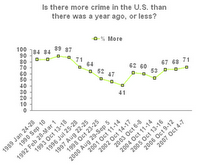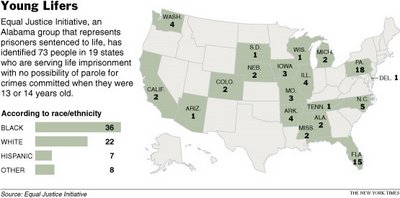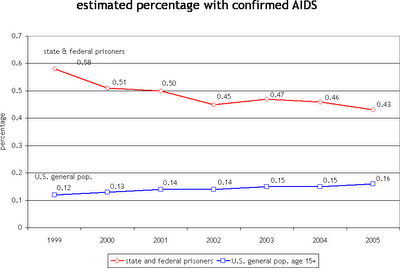 in an attempt at real public criminology, i wrote an essay that has just been published in the oregon humanities magazine. the oregon humanities magazine is published twice a year and each issue is built around a single theme. the theme of this issue is “domesticity,” and i wrote about how men serving life sentences (or very long sentences) build lives and find meaning for themselves in prison.
in an attempt at real public criminology, i wrote an essay that has just been published in the oregon humanities magazine. the oregon humanities magazine is published twice a year and each issue is built around a single theme. the theme of this issue is “domesticity,” and i wrote about how men serving life sentences (or very long sentences) build lives and find meaning for themselves in prison.
to be clear, i had a great deal of help from my inside/inmate students who contributed most of the main ideas, examples, and points, and from the editor, kathleen holt, who did some major editing to make the essay fit into a humanities magazine. 8-10 of my inside students voluntarily took the time to write a few paragraphs or pages on their thoughts about domesticity in prison, and they then trusted me to try to turn the information they provided into a coherent essay. i think everyone feels pretty good about the final result. i am especially pleased to expose a different audience to the articulate and thoughtful voices of my inside students. maybe it will help remind us all that real lives continue behind prison walls every day.










